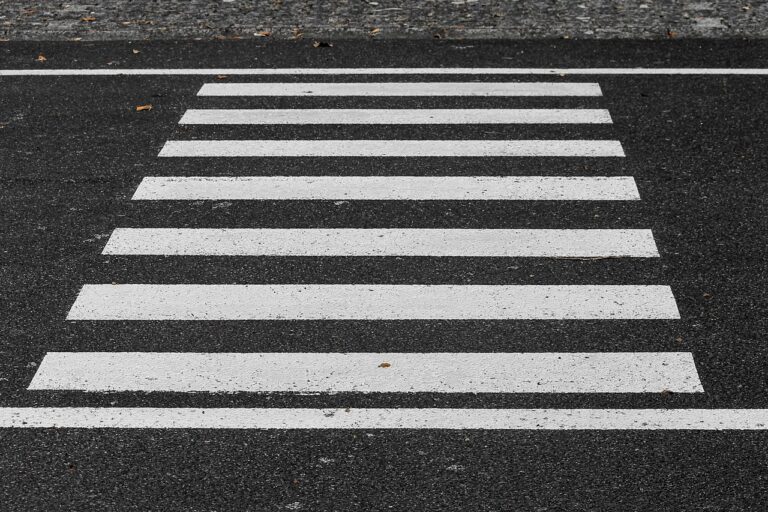The Role of Auto Recycling in Disaster Preparedness Planning: Betbook247 app, Radhe exchange new id, Play11bet
betbook247 app, radhe exchange new id, play11bet: Auto recycling plays a critical role in disaster preparedness planning, yet it often goes overlooked. With natural disasters becoming increasingly common and more severe, it is essential to recognize the importance of auto recycling in ensuring communities are prepared and can recover efficiently after a disaster strikes.
When a disaster such as a hurricane, flood, or wildfire hits, the impact on vehicles can be significant. Many vehicles are damaged beyond repair, either from floodwaters, falling debris, or other destructive forces. These damaged vehicles can pose environmental hazards if not disposed of properly. This is where auto recycling comes into play.
Auto recycling involves the process of dismantling and reusing or repurposing the parts and materials of a vehicle that is no longer operable. This process not only helps reduce waste but also has a number of benefits when it comes to disaster preparedness planning.
One of the key benefits of auto recycling in disaster preparedness planning is the efficient removal of damaged vehicles from the impacted area. In the aftermath of a disaster, there may be thousands of vehicles that need to be disposed of quickly and safely. Auto recyclers have the expertise and resources to handle this process, ensuring that damaged vehicles are properly dismantled and disposed of in an environmentally responsible manner.
Furthermore, auto recycling helps to recover valuable materials from damaged vehicles, such as metals, plastics, and fluids. These materials can then be reused in the manufacturing of new vehicles or other products, reducing the demand for new raw materials and lowering the environmental impact of vehicle production.
In addition to the environmental benefits, auto recycling can also help communities recover economically after a disaster. By salvaging and selling usable parts from damaged vehicles, auto recyclers can generate revenue that can be reinvested into the local economy. This can help support businesses and jobs in the area, aiding in the overall recovery process.
Overall, the role of auto recycling in disaster preparedness planning is crucial. By incorporating auto recycling into emergency response plans, communities can ensure a more efficient and sustainable recovery process after a disaster. It is essential for local governments, emergency management agencies, and other stakeholders to recognize the importance of auto recycling and support efforts to integrate it into disaster preparedness planning.
—
FAQs
Q: How does auto recycling benefit the environment?
A: Auto recycling helps reduce waste and minimizes the environmental impact of vehicle disposal by recovering and reusing valuable materials.
Q: Can damaged vehicles be recycled after a disaster?
A: Yes, damaged vehicles can be recycled after a disaster through the auto recycling process, which involves dismantling and repurposing the parts and materials.
Q: How can communities incorporate auto recycling into their disaster preparedness planning?
A: Communities can work with local auto recyclers to develop protocols for the efficient removal and recycling of damaged vehicles in the event of a disaster. By including auto recycling in their emergency response plans, communities can ensure a more sustainable recovery process.







